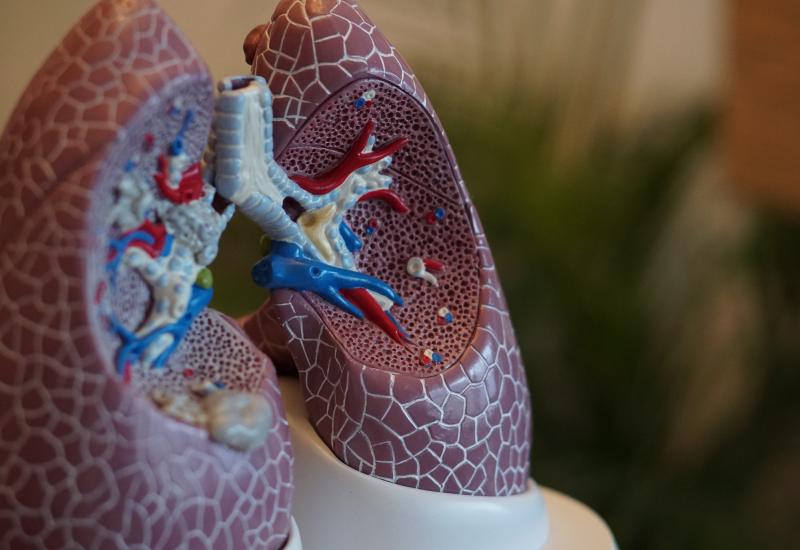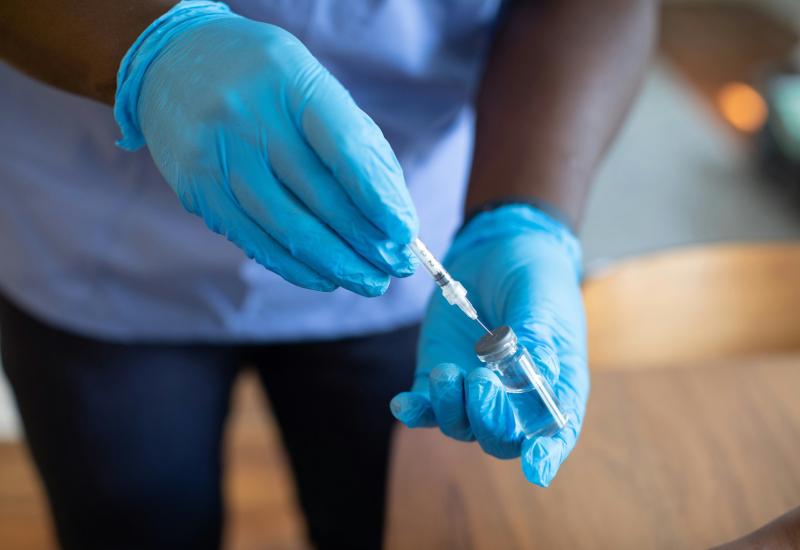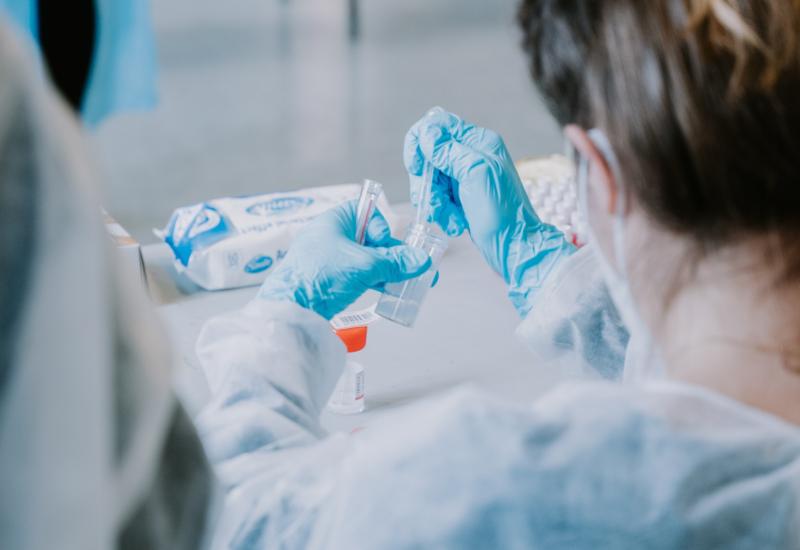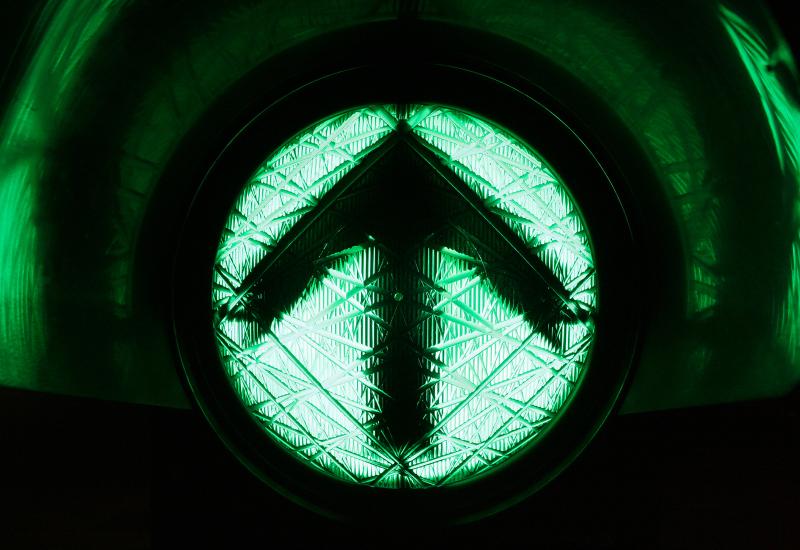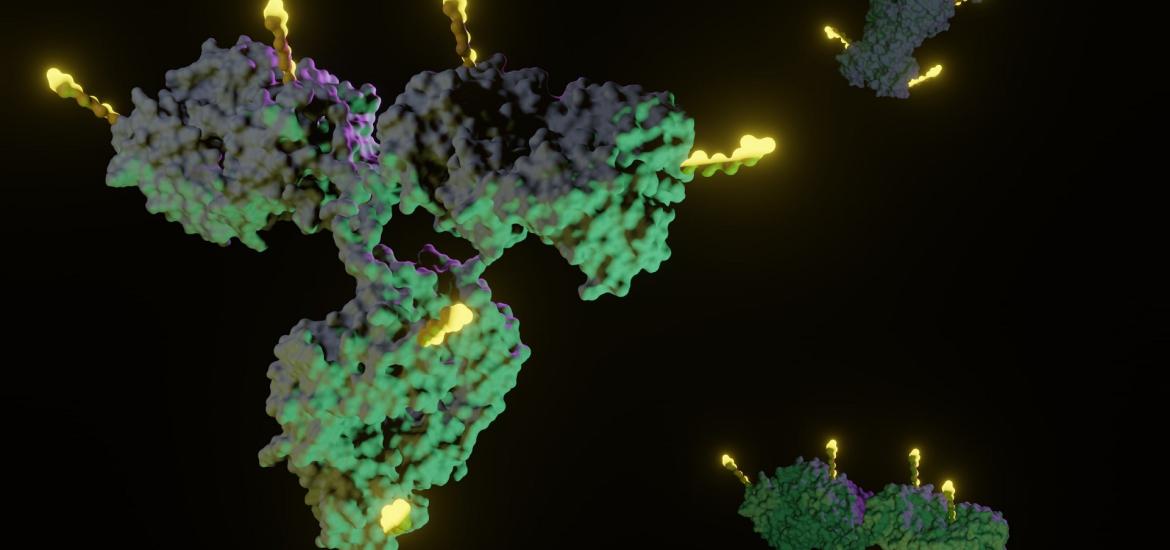
A milestone for Tmalin
New trial starts include MediLink's 12th clinical-stage Tmalin candidate.
New trial starts include MediLink's 12th clinical-stage Tmalin candidate.

Tmalin, MediLink's tumour microenvironment “activable” linker-payload technology, now lies behind what the company claims to be 12 clinical-stage ADCs, with the entry into human studies of the anti-VEGF conjugate YL242 being revealed in new clinicaltrials.gov listings.
These also include a pair of bispecific Car-T therapies, from AbelZeta and Carsgen, and several assets that target somewhat unusual tumour antigens. Among these perhaps the most intriguing is a new Car-T therapy against BAFF-R, suggesting that the applicability of some targets to autoimmune disease as well as to cancer can sometimes work in the latter's favour.
Tmalin has had quite an endorsement during the ongoing craze for conjugates. It lies behind MediLink's internally developed ADCs, including the BioNTech-partnered anti-HER3 asset BNT326, which briefly went on clinical hold over toxicity, and it's also used in Zai Lab's zocilurtatug pelitecan, and in Evopoint's XNW27011, which was recently licensed to Astellas.
Next up is YL242, which MediLink said cleared a US IND in May; the newly revealed solid tumour trial is to be carried out in the US as well as Australian and Chinese hospitals. At the same time MediLink said YL242 was the first ADC targeting an extracellular target, and indeed OncologyPipeline reveals no other ADCs that hit VEGF.
Autoimmune to cancer
Meanwhile, if recent years have seen some companies move to testing cancer projects in autoimmune diseases, it's notable that at least one autoimmune target might also have applicability in oncology.
This is BAFF, a B-cell survival protein that's commonly targeted by lupus therapies. At ASH 2023 Pepromene presented promising though early clinical findings from an anti-BAFF-R Car-T, PBM-CT01, in BAFF-R-positive B-cell lymphoma, and now Guangzhou Bio-gene is getting in on the act with a similarly acting Car-T project; the new trial doesn't mandate for BAFF-R expression.
Recently disclosed first-in-human studies*
| Project | Mechanism | Company | Trial | Scheduled start |
|---|---|---|---|---|
| PQ203 | SORT1 peptide-drug conjugate | ProteinQure | Solid tumours | 16 Sep 2025 |
| YL242 | VEGF ADC | MediLink | Solid tumours | 22 Sep 2025 |
| A-CAR028 | CD33 x CLL-1 Car-T | AbelZeta | R/r AML | 30 Sep 2025 |
| ST-01156 | RBM39 degrader | Seed Therapeutics | Solid tumours | 1 Oct 2025 |
| KXV01 | In vivo personalised TCR gene therapy | TCRx Therapeutics | Solid tumours | 1 Oct 2025 |
| Unnamed | BAFF-R Car-T | Guangzhou Bio-gene | R/r B-cell tumours | 10 Oct 2025 |
| CT1194D | CD19 x CD20 Car-T | Carsgen | R/r B-cell tumours | 30 Oct 2025 |
Note: *projects newly listed on the clinicaltrials.gov database between 24 Sep and 1 Oct 2025.
Other novel targets being newly pursued clinically include SORT1, in the shape of ProteinQure's peptide-drug conjugate PQ203.
This featured in a preclinical AACR poster this year that described SORT1 (sortilin) as a cell surface receptor involved in protein trafficking and cell signalling that is overexpressed in triple-negative breast cancer. OncologyPipeline suggests that the only other company to have attempted to target SORT1 is Theratechnologies, via the ADC sudocetaxel zendusortide.
And the private US biotech Seed Therapeutics has gone into the clinic with ST-01156, an RBM39 degrader that also featured in an AACR poster, which focused on Ewing sarcoma, a tumour said to be especially sensitive to RBM39 loss. This marks Seed's first clinical trial, and its start has come within a month of the company closing a $30m round of series A financing.
Recursion Pharmaceuticals also has a clinical-stage RBM39 degrader, REC-1245, while Peloton Therapeutics investigated the target preclinically, though this doesn't appear to have been taken forward by Peloton's acquirer, Merck & Co.
1201



